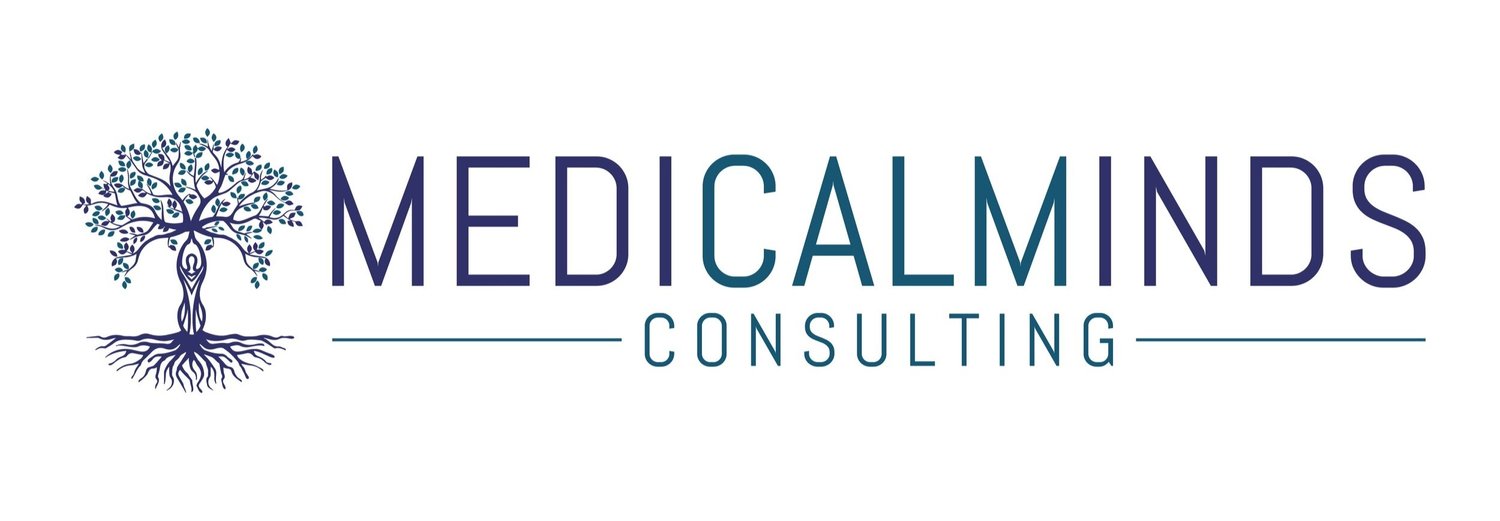Latest Journal Posts

Oh, Crap! When You’re Trying to Know Everything
Doctors have been conditioned since childhood to experience not knowing information as a trigger. Daily messages telling you you're not doing it right bring back memories of implied or overt criticism from school and training. There are steps you can take to minimize this effect.

More Residency Regrets and Faux Enemies
In my last newsletter, I delved into the tension between orthopedics and radiology in residency training and one of the transformative impacts of technology on the field. Today I want to discuss a significant shift that occurred during the transition from resident to attending. This transition brings about various changes, and one of them stands out–the shift in perspective from “us vs them tribes” to being on a multidisciplinary team.

Confessions of an X-Ray Thief
There have been changes to how residents are taught, with the hours they work. There has traditionally been a lot of pushback to this.
The unhealthy pushback goes like this: “I was trained that way. I’m fine. I survived, they can survive too!”
The healthier pushback also has concerns: “If they work fewer hours, they’ll see less patient care, participate in fewer surgeries, and not see the same evolution of a patient’s condition, following the clinical course from beginning to end. This could hurt their eventual knowledge base and clinical acumen.”

Self-Care Versus Pampering
I’ve heard many people talk about self-care recently. Frequently, they reference getting the occasional massages, bubble baths, and pedicures to elevate how they are feeling. To me, that isn’t self-care. That’s pampering. And pampering is perfectly lovely, but it differs from self-care in purpose, intent, and individual optimal frequency.
Real self-care is about actively taking care of yourself. It's about the intentional actions and practices you engage in to maintain or improve your body, mind, and spirit in the present. (Bonus, it also takes care of future you.)

How Do You Take Care of Yourself?
You went to medical school to learn how to take care of other people. But you didn’t learn how to take care of yourself. Because medical training emphasized the opposite.
You learned how to ignore your own needs for food, water, and rest. All in service to the patients’ needs and the hospital’s/office’s daily tasks.

Are You Struggling with Work/Life Balance?
We’ve all heard of the elusive work/life balance and maybe felt some frustration about the difficulty in figuring out what that was or how to achieve it.
There’s a feeling among many people I know that our lives are out of balance. For most this feels like work is taking over all of life. For some people it may be that life doesn’t allow for any work, personal or professional.
Subscribe to get the occasional newsletter
That will respect your privacy and time
